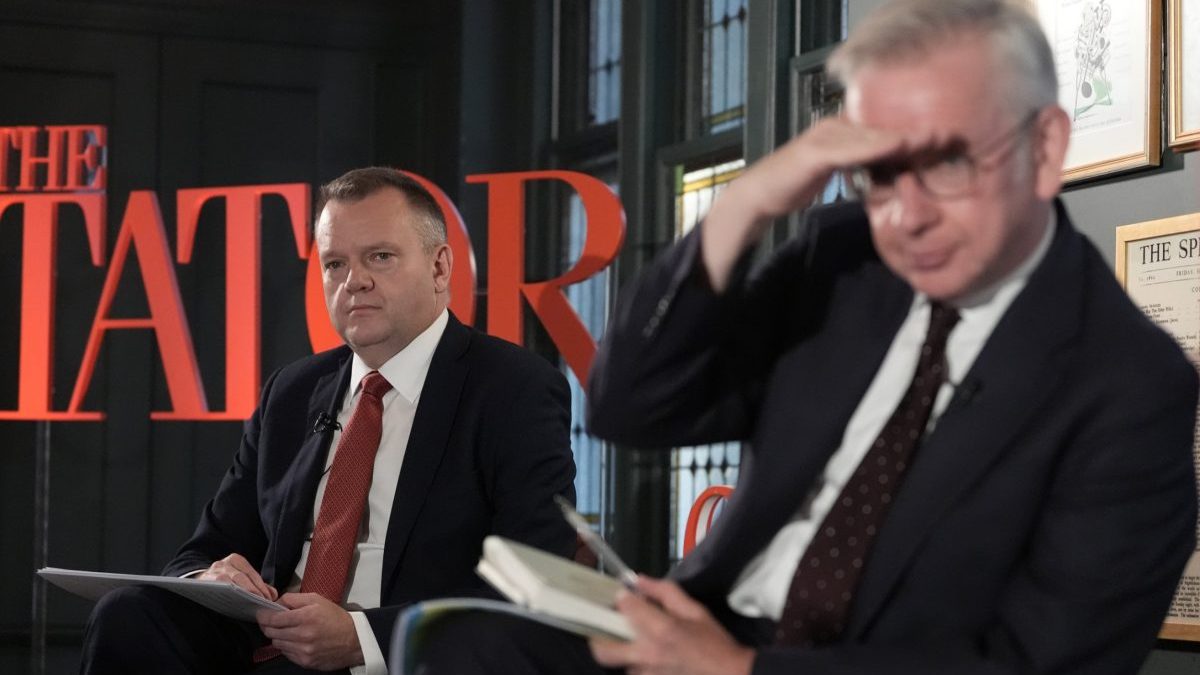The UK is hoping to win an exemption from a new EU tax on the energy used to produce goods, amid fears of higher bills and a hit to businesses, jobs and growth in the UK.
The EU’s new carbon border tax (CBAM) is being introduced from 1 January, meaning British businesses will be hit by levies on exports to the continent which are produced using carbon-intensive methods.
Industry is warning this will push up consumer bills and hit UK exporters, jobs and growth – derailing Rachel Reeves’s growth plans – and could also lead to dumping of carbon-intensive products, like Chinese steel, on the UK market.
New FeatureIn ShortQuick Stories. Same trusted journalism.
Energy UK has warned it could leave British exporters facing a bill of up to £800m in carbon tax payments to the EU.
The tax is designed to encourage greener production, and level the playing field as EU companies already pay for emissions through a trading scheme.
Any exemption would only need to last a matter of months while the two sides thrash out a wider deal on linking the EU’s emissions trading systems (ETS), which were committed to as part of the UK-EU Brexit reset summit in May.
Industry expects a full deal on linking ETS would take six months to a year to negotiate, with reset talks due to restart this autumn.
UK looking for an exemption
The i Paper understands that EU relations minister Nick Thomas-Symonds wants some kind of temporary arrangement to avoid the impact of the EU tax until an ETS linkage deal can be agreed between the sides.
This could include asking the EU for an exemption pending negotiations, although Brussels has not yet received such a request.
Thomas-Symonds was asked about the looming tax at an event on the Brexit reset on Wednesday, when Ofgem announced the energy price cap would rise by 2 per cent from 1 October for a typical household in Great Britain.
The minister replied: “I’m very conscious of that deadline, 1 January, 2026.
“As I am going to be negotiating, I am very conscious of that deadline and the potential impact of it in terms of not being able to get arrangements in place.”
Pressed on the possibility of the Government seeking a temporary exemption from the tax, a Cabinet Office source said: “We are not going to pre-empt our ongoing conversations with the EU regarding summit outcomes, including linking emissions trading systems.”
Adam Berman, director of policy at Energy UK, told The i Paper “we are on a really stark timeline” with three months until the EU’s tax comes into force.
Wider deal could take up to a year
He said a wider ETS linkage deal could be done within six months to a year, but any quicker was unrealistic.
He said: “That leaves you with a political problem, where you are going to have some months next year – it could be six, or nine or beyond that – where you are going to have British exporters facing this new tax.
“The UK and certainly industry has been stressing the importance of securing an interim exemption for the UK.”
He added: “In principle there is no reason why two sides, if they are getting into negotiation, wouldn’t be able to agree to a short-term exemption but that’s a matter of politics and there are likely trade-offs on that.
“It’s not impossible there would be a price we would have to pay.”
As well as directly hitting UK exporters with higher costs, the new tax could also increase energy bills, according to experts.
This is because the price of carbon allowances is passed on to electricity suppliers through the wholesale market electricity price, which feeds through to bills, according to the UK in a Changing Europe think-tank.
